Panteón General (General Cemetery)
This graveyard boasts a medley of diverse and imaginative funeral architecture.
To the east of the Historic Center of Oaxaca lies the Panteón General, or General Cemetery, known colloquially as San Miguel. While it houses the remains of many illustrious figures in the history of the region and nation, it is also a showcase for diverse and imaginative funeral architecture.
Oaxacan authorities established the Panteón General in 1829 on land that at the time lay on the town’s periphery, located between the Rio Jalatlaco and the sandstone quarries. The new cemetery was urgently needed to handle the overflow of bodies from a raging smallpox epidemic that killed a quarter of the population. Five years later, cholera swept through the town, killing hundreds more. Over the next two centuries, some 11,000 bodies would find rest in the necropolis.
Today, gravesites rest amid a lush landscape of orange, cedar, and pine trees, climbing vines, potted plants, and flower bouquets placed in vases. Older crypts and grave markers have given way to larger and more ornate mausolea in a panoply of styles. Many deploy neoclassical elements, with varied uses of pediments, architraves, pilasters, and columns to effect a dignified, formal aspect. Others adopt the clean lines and restrained ornamentation of Modernist design, particularly popular in the 1950s and 1960s. Still others experiment with highly expressive forms, materials, and colors, adding visual variety to the landscape.
In the streets surrounding the Panteón General, numerous commercial establishments have cropped up to serve the funeral needs of families. Flower sellers gather outside the gate every day, while florists maintain shops in the neighborhood for families seeking more elaborate arrangements. Stonemason workshops line the cemetery’s southern border along Calle Del Refugio, supplying the cemetery with its iconic, high-craft tombs. On special occasions such as feast days, vendors set up their carts and kiosks in the surrounding streets, selling food, mementos, and religious icons.
Since its inception, the Panteón General has been an important site for the observance of Día de Muertos—Day of the Dead. Families bring food and drink for their departed loved ones, and the cemetery fills with thousands of candles, crepe paper streamers, painted signs, floral arrangements, and cempasúchil (Tagetes erecta, also known as Mexican marigold, used for rituals since pre-Columbian times and now representative of the holiday). Celebrations were canceled in 2017, however, after an earthquake damaged the cemetery’s sandstone gate. As of 2019, some of the damage has been repaired, though residents continue to report unsafe conditions of walls and gates. In any case, the cemetery has reopened, and once again plays its central role in the ritual life of Oaxaqueños.
Know Before You Go
The cemetery is open every day from 7:00 a.m. to 3:00 p.m.

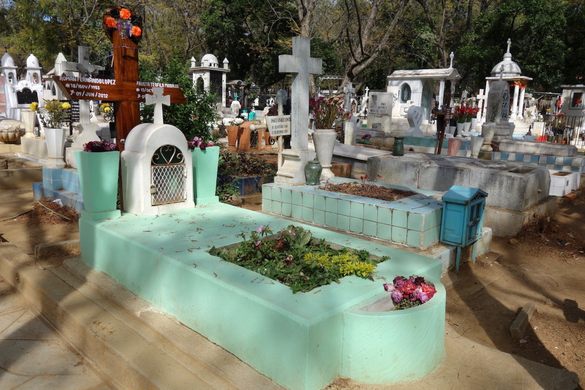













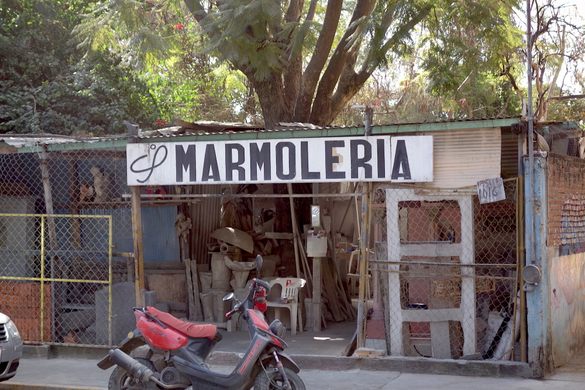




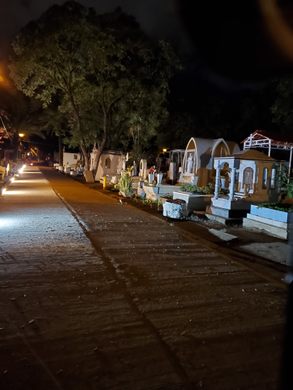







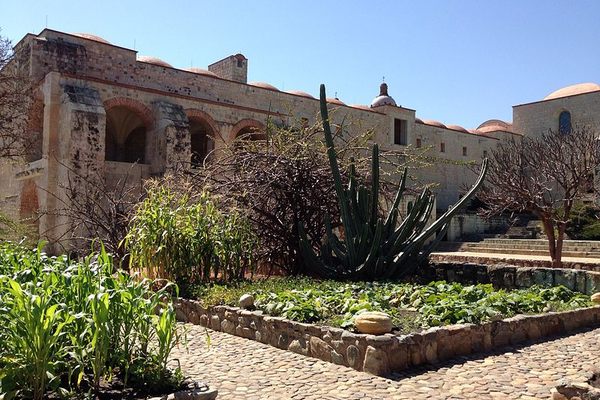



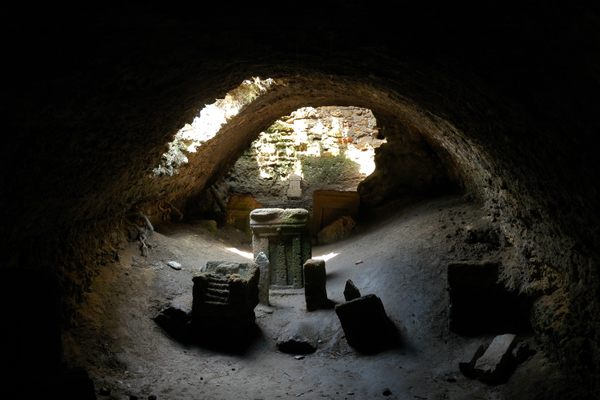
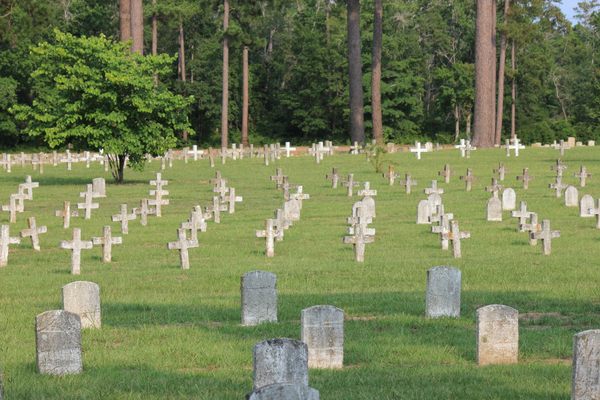

Follow us on Twitter to get the latest on the world's hidden wonders.
Like us on Facebook to get the latest on the world's hidden wonders.
Follow us on Twitter Like us on Facebook